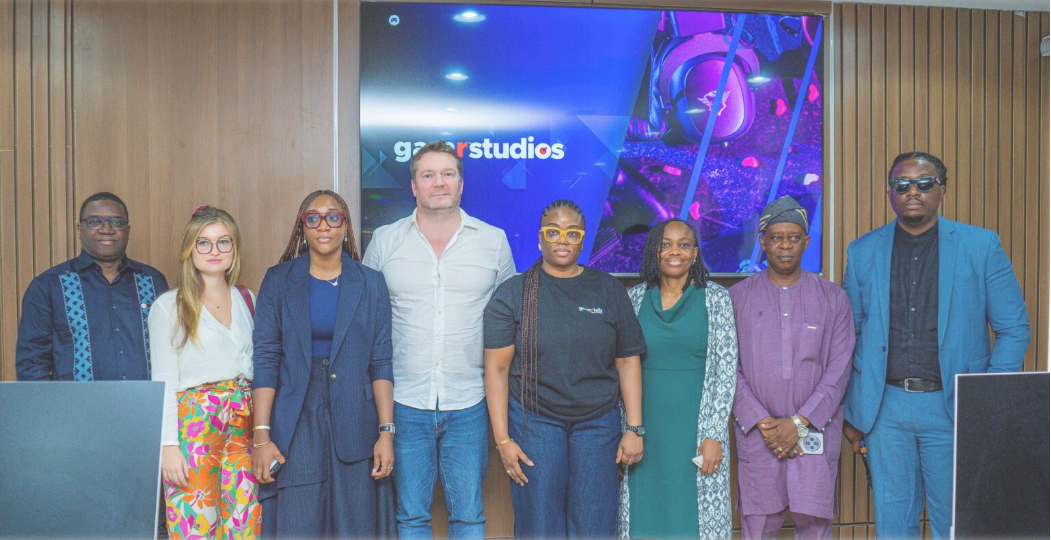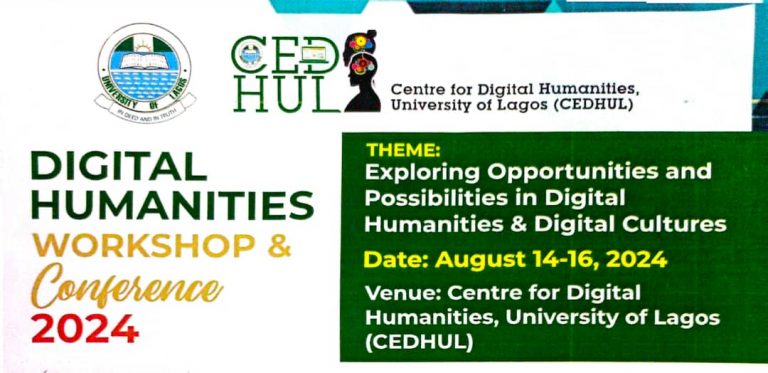On March 21, 2025, a groundbreaking moment for Nigeria’s creative and tech industries unfolded as Gamr Lab officially launched at the University of Lagos (UNILAG), Akoka, behind the Senate Building. This first-of-its-kind video game development and esports training hub, a collaborative effort between Gamr Studios, the French Embassy in Nigeria, UNILAG, the National Sports Commission, and other global and local partners, aims to position Nigeria—and West Africa—as formidable players in the global video game industry.
Read also: FG opens hybrid electric vehicle charging facility in Abuja
Gamr’s vision for Africa’s gaming ecosystem
Gamr Lab isn’t just a training facility; it’s a movement to empower young African creatives to innovate and compete globally. Equipped with cutting-edge tools, high-performance setups, and a collaborative environment, the lab offers aspiring game developers, designers, esports professionals, and storytellers a space to learn, create, and launch projects rivalling international standards. The initiative aligns with Gamr Studios’ broader mission, as a Techstars ’23 alum, to transform gaming passion into financially rewarding careers while showcasing Africa’s talent to the world.
The launch event highlighted Gamr Lab’s ambitious goals. A key announcement was the Gamr Lab Scholarship, fully sponsored by the French Embassy, which will support 30 students in the lab’s third cohort starting April 2025. This scholarship reflects a commitment to building a creator-led economy, turning passive consumers into active innovators in Nigeria’s gaming landscape.
Strategic partnerships driving innovation
The collaboration with the French Embassy underscores a growing Franco-Nigerian partnership in fostering tech and creative ecosystems. The Embassy has a history of supporting innovation in Nigeria, notably through initiatives like the 2020 donation of a digital fabrication lab to UNILAG and their 2022 sponsorship of Nigerian gaming companies at Paris Games Week. Their involvement in Gamr Lab, alongside UNILAG and the National Sports Commission, signals a strategic investment in Nigeria’s youth and the burgeoning gaming sector.
UNILAG, as a host, brings academic rigour and infrastructure to the partnership. The university’s prior collaboration with Gamr, such as the 2022 partnership with Nigeria University Games (NUGA) to introduce esports to universities, makes it a fitting home for this hub. The National Sports Commission’s involvement further ties gaming to broader sports and youth development agendas, recognising esports as a legitimate and lucrative field.
Addressing Nigeria’s gaming industry challenges
While growing, Nigeria’s gaming industry faces significant hurdles—limited access to training, outdated tools, and a lack of structured pathways to global markets. Gamr Lab directly tackles these issues by providing world-class resources and mentorship. The lab’s focus on video game development, esports management, and content creation aims to bridge the skills gap, equipping young Nigerians to compete with established gaming hubs in Europe, North America, and Asia.
However, the initiative isn’t without scepticism. Nigeria’s broader tech ecosystem struggles with unreliable electricity and internet connectivity, which could hamper the lab’s operations and accessibility. While Gamr Lab’s location in Lagos benefits urban youth, rural aspiring developers may find it challenging to access. Additionally, the global video game industry is fiercely competitive, dominated by giants like the U.S. and Japan, raising questions about whether Nigerian creators can genuinely break through without more robust government policies or funding.
Read also: FIFA or PES? After decades of rivalry, one game takes the lead
A step toward a creator-led economy
Despite these challenges, Gamr Lab’s launch is a beacon of hope. The scholarship program, in particular, democratises access to training, ensuring that talent, not financial background, determines success. By fostering a generation of creators who can build African games for global audiences, Gamr Lab could catalyse a shift in Nigeria’s creative economy, where video games play a pivotal role.
The call for public and private partners to join this movement hints at Gamr Studios’ long-term vision: scaling Gamr Lab’s impact across West Africa. If successful, this hub could inspire similar initiatives in other African countries, following the footsteps of Senegal’s gaming hub launched in 2023 with French Embassy support.
Gamr Lab’s launch marks a turning point for Nigeria’s gaming industry. It’s a bold step toward harnessing the continent’s creative potential, supported by strategic partnerships and a clear vision. As the hub opens its doors, the message is clear: African games can—and will—be played globally.

